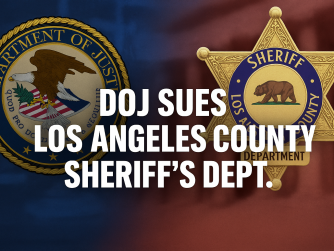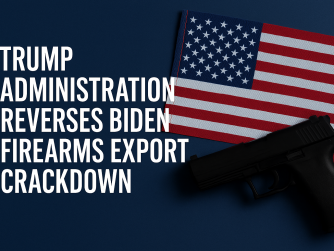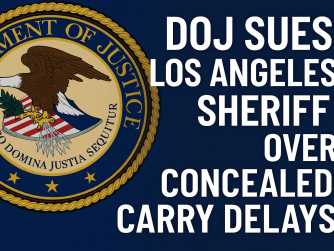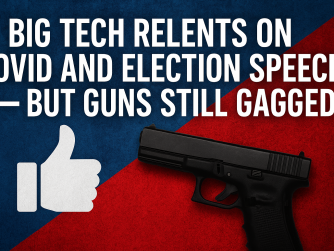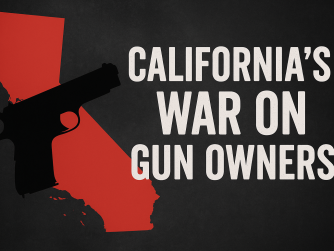The NRA has long documented how so-called “gun buyback” programs often fail to improve public safety—and sometimes make things worse. In Chicago, one such program allegedly did just that.
Twanda Willingham is suing the City of Chicago after being shot with a Glock 21 .45 caliber handgun that had been surrendered during the city’s December 2023 gun turn-in event. According to her lawsuit, the gun—which police claimed would be destroyed—vanished from the tactical team’s office after the event. Evidence tags were deliberately swapped with another firearm, and the correct tag was later found in the trash, suggesting an inside theft and cover-up.
Before it was recovered months later from a 16-year-old boy, the same Glock was linked to at least two other shootings. Adding to the bizarre chain of events, the officer listed on the gun’s inventory records was himself killed by another officer in a “friendly fire” incident. No one has been charged for the crimes involving the weapon, and the sergeant who oversaw the turn-in event received just a one-day suspension for failing to secure department property.
Chicago—home to some of the strictest gun control laws in the country—has faced similar scandals before, including another “destroyed” firearm later recovered at the scene of a fatal police shooting. Research over decades, from multiple perspectives, has found that gun turn-in programs do not reduce violent crime. In fact, cases like Ms. Willingham’s suggest they can be counterproductive, serving more as political theater than as genuine public safety measures—and now, in Chicago’s case, raising serious questions about police accountability.


